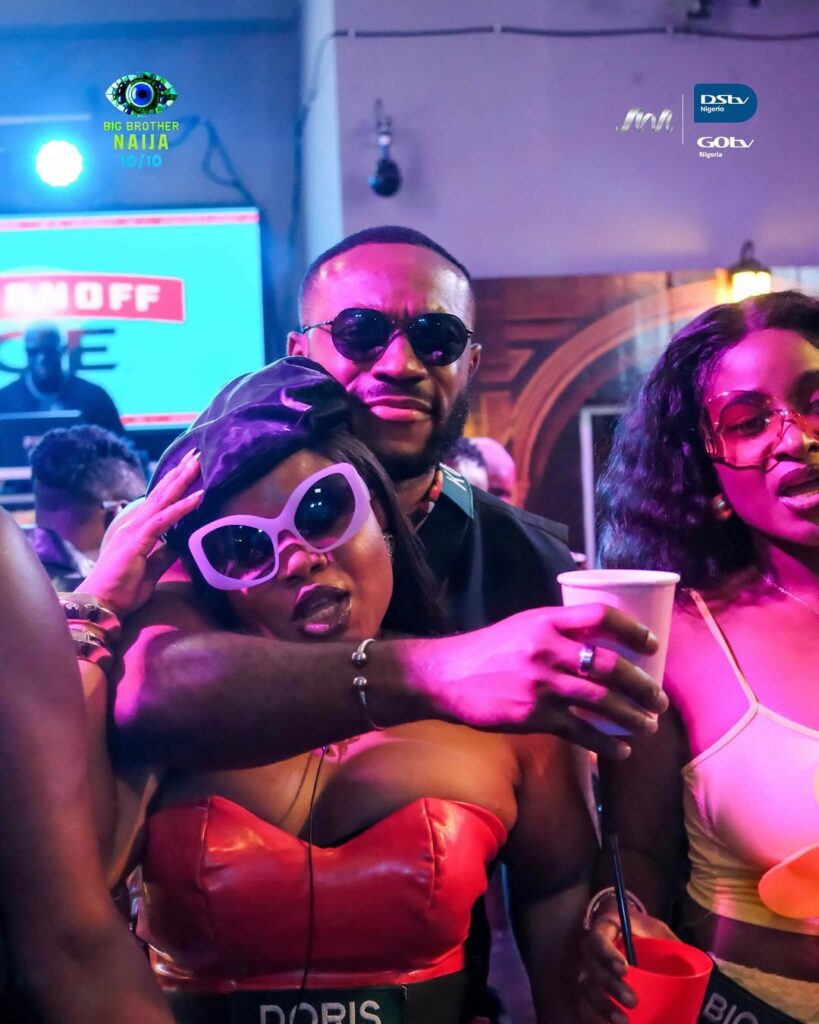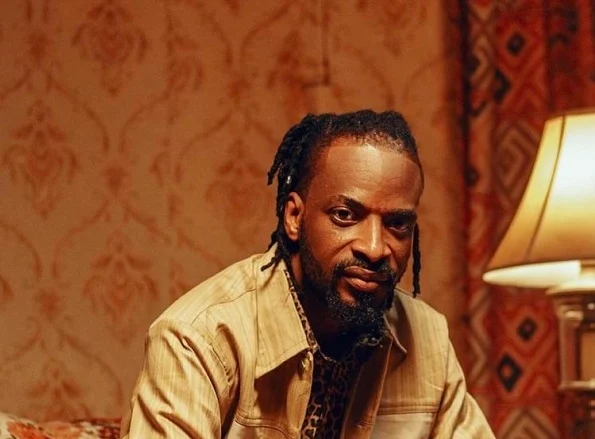In what could escalate into a significant legal and cultural confrontation, Nigerian lawyer and activist Maduabuchi Idam has issued a 30-day ultimatum to the National Broadcasting Commission (NBC) to either ban or impose strict regulations on the ongoing season of Big Brother Naija (BBNaija).
The legal threat stems from what he describes as the show’s “obscene, indecent, and profane” content that is allegedly eroding the moral fabric of the nation.

In a detailed petition addressed to NBC, Idam argues that BBNaija, Nigeria’s most watched and simultaneously most criticized reality show, has “zero educational, scientific, or literary value.” He further accused the show of glorifying nudity, promiscuity, and immorality—elements he believes are directly responsible for the moral decline among Nigerian youth.
“If NBC refuses to act within 30 days, we will have no choice but to approach the court for redress,” Idam warned.
This isn’t the first time BBNaija has come under fire for its content, and it certainly won’t be the last. Every season sparks familiar outrage from religious groups, social conservatives, and parents, even as millions of Nigerians tune in religiously, day and night.
Despite the harsh criticism, BBNaija remains one of Nigeria’s highest-rated television shows. The paradox lies in the fact that the same people who brand the show as “pornographic” also seem remarkably well-informed about the latest “situationships,” late-night under-the-duvet moments, and housemate drama.
The public’s moral double standard is not lost on observers. “Nigeria doesn’t want BBNaija banned,” one critic wrote on social media. “We want to enjoy it—and judge it—at the same time.”

Idam’s legal threat raises a broader question: why does the NBC so quickly censor music videos, song lyrics, and films with adult themes, yet appear passive about BBNaija’s unfiltered late-night scenes?
Some suggest it’s because BBNaija is a major revenue driver. Others argue that since it airs on a subscription-based platform, it’s technically behind a paywall, allowing NBC to turn a blind eye.
But clips from the show often go viral on social media within minutes—well beyond any paywall—and are easily accessible to underage viewers.
While critics blame BBNaija for the supposed moral decay in Nigerian society, others argue that the show merely mirrors the existing realities of the country. After all, this is a nation where:
- Lawmakers exchange blows on live TV.
- Internet fraudsters hold lavish “Thanksgiving” parties.
- Moral crusaders privately consume the content they publicly condemn.
“BBNaija isn’t causing a moral crisis; it’s reflecting one,” said media analyst Bolaji Adeoye. “It’s easier to blame a TV show than to fix deeper systemic issues.”

The answer may lie not in banning the show entirely, but in better regulation. Stricter enforcement of content ratings, time-bound access, and improved parental control mechanisms could be more effective in addressing concerns.
Ultimately, Nigeria is a conservative society caught in a globalized media storm. While public values demand modesty, private curiosity often leads elsewhere.
BBNaija, for all its controversy, remains a lightning rod in this cultural tug-of-war.




